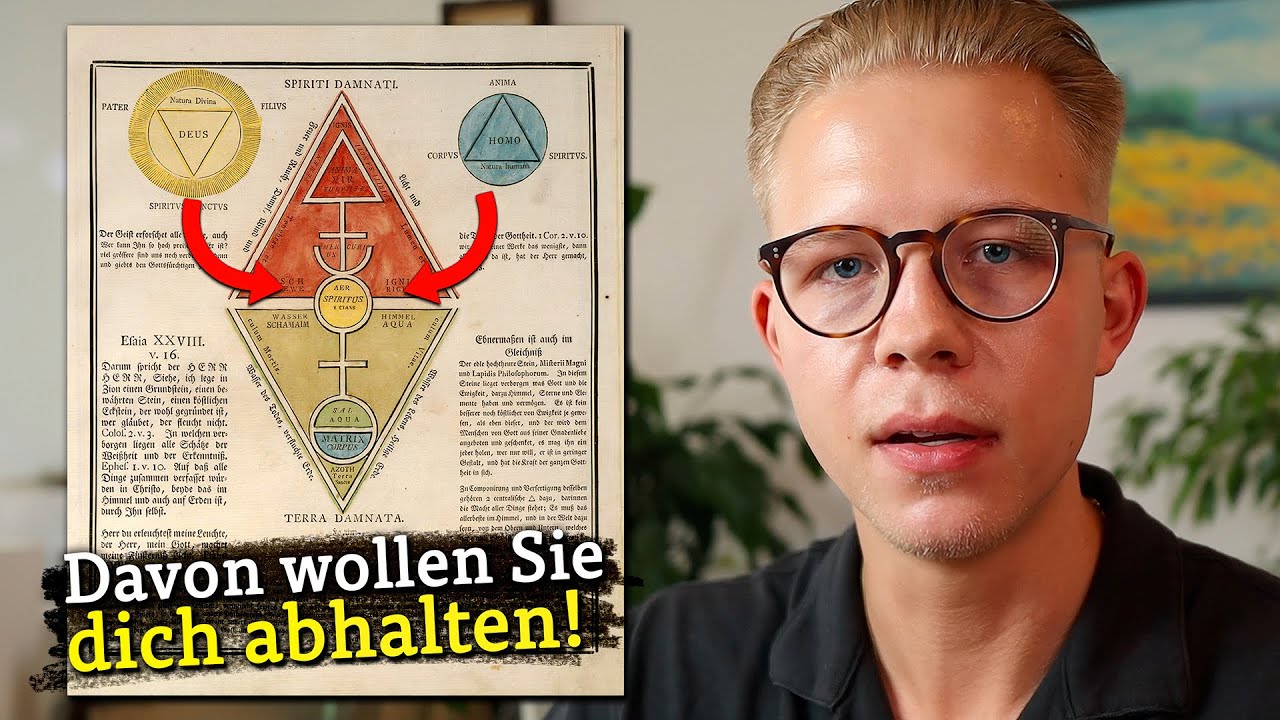1.1 Introduction - Why Finance
Summary
TLDRDieses kostenlose Online-Kurs 'Einführung in Finanzen' betont, dass Finanzen das Studium des Wertes ist und nicht nur um Geld geht. Es deckt Themen wie den Zeitwert des Geldes, Entscheidungskriterien, Finanzierungsarten und Risiko ab. Der Dozent betont die Notwendigkeit, den Wert zu verstehen, unabhängig von Geld, und verwendet Finanztools, um Entscheidungen zu treffen. Der Kurs ist in 10 Wochen gegliedert, mit wöchentlichen Aufgaben und einem Fokus auf das Zusammenspiel von Zeit und Unsicherheit.
Takeaways
- 📚 Finance befasst sich mit dem Konzept des Wertes, nicht nur mit Geld.
- 💡 Die Grundlagen der Finanzwissenschaft sind Zeit und Unsicherheit.
- 💰 Geld ist lediglich ein Werkzeug, das für die Bewertung verwendet wird, aber der Fokus liegt auf dem Wert.
- 🕒 Der Kurs behandelt den Zeitwert des Geldes und die Entscheidungsfindung über 10 Wochen.
- 📊 Es gibt zwei Hauptmethoden, Ideen zu finanzieren: durch Anleihen und Aktien.
- 🎯 Der Kurs zielt darauf ab, praktische Entscheidungen zu treffen, sowohl auf persönlicher als auch auf geschäftlicher Ebene.
- 🤓 Der Kurs ist sehr anwendungsbezogen und verwendet Excel sowie reale Beispiele.
- 📖 Die Videos sind das Hauptlernmittel, begleitet von minimalen Notizen und Lehrbüchern.
- 👥 Peer-to-Peer-Lernen ist entscheidend, da die Interaktion mit Lehrkräften eingeschränkt ist.
- 🎓 Lernen passiert, wenn man glücklich und motiviert ist, und es ist die Verantwortung des Lernenden, aktiv zu sein.
Q & A
Was ist das Hauptthema des Kurses 'Einführung in Finanzen'?
-Das Hauptthema des Kurses ist der Wert, und zwar nicht nur Geld, sondern ein grundlegendes Verständnis von Wert, das auf Zeit und Unsicherheit beruht.
Warum ist der Wert ein wichtiger Begriff im Finanzwesen?
-Der Wert ist ein Schlüsselbegriff, weil er zentral für den Wertschöpfungprozess ist, der aus zwei Hauptkomponenten besteht: Zeit und Unsicherheit.
Was verspricht der Dozent für den Kurs 'Einführung in Finanzen'?
-Der Dozent verspricht, dass der Kurs kostenlos, online verfügbar ist und sich auf das Verständnis von Wert konzentriert, anstatt nur auf Geld.
Wie plant der Dozent, das Thema Unsicherheit im Kurs zu behandeln?
-Der Dozent plant, zunächst die Zeit unabhängig von der Unsicherheit zu behandeln und dann die Komplexität, die durch Unsicherheit entsteht, schrittweise einzuführen.
Was sind die drei Elemente, auf die der Dozent im Kurs Wert legt?
-Die drei Elemente sind das Verständnis von Zeit und Unsicherheit im Wertschöpfungsprozess, die Anwendung des Finanzierungsframeworks auf verschiedene Arten von Vermögenswerten und die Betonung des Denkens anstatt der Werkzeuge.
Wie lange dauert der Kurs 'Einführung in Finanzen'?
-Der Kurs dauert 10 Wochen und deckt verschiedene Finanzthemen wie den Zeitwert des Geldes, Entscheidungskriterien, Finanzierungsarten und Risiko ab.
Welche Methoden werden im Kurs verwendet, um das Lernen zu fördern?
-Der Kurs nutzt Videos, Textbücher, minimale Notizen und setzt auf die Interaktion zwischen den Teilnehmern, um das Lernen zu fördern.
Wie oft gibt es Aufgaben im Kurs?
-Es gibt wöchentliche Aufgaben, die den Lernenden die Anwendung des Gelernten auf reale Probleme ermöglichen.
Wie sieht die Rolle des Dozenten im Kurs aus?
-Die Rolle des Dozenten ist es, die Schönheit des Finanzwesen zu zeigen und die Teilnehmer zu motivieren, das Fach zu erlernen, ohne sie zu 'überfüttern'.
Was erwartet der Dozent von den Teilnehmern hinsichtlich des Lernprozesses?
-Der Dozent erwartet, dass die Teilnehmer die Verantwortung für ihr eigenes Lernen übernehmen, aktiv an dem Kurs teilnehmen und sich selbst ausforschen.
Wie viel Zeit sollte ein Teilnehmer pro Woche dem Kurs widmen?
-Es wird erwartet, dass ein Teilnehmer etwa fünf bis zehn Stunden pro Woche dem Kurs widmet, um die Lernziele zu erreichen.
Outlines

此内容仅限付费用户访问。 请升级后访问。
立即升级Mindmap

此内容仅限付费用户访问。 请升级后访问。
立即升级Keywords

此内容仅限付费用户访问。 请升级后访问。
立即升级Highlights

此内容仅限付费用户访问。 请升级后访问。
立即升级Transcripts

此内容仅限付费用户访问。 请升级后访问。
立即升级浏览更多相关视频
5.0 / 5 (0 votes)






